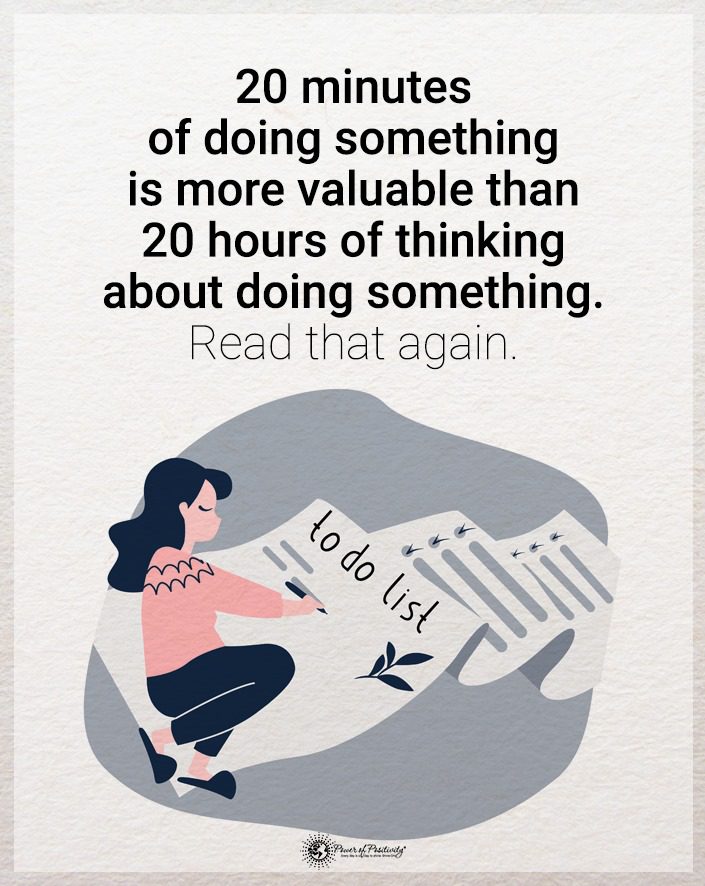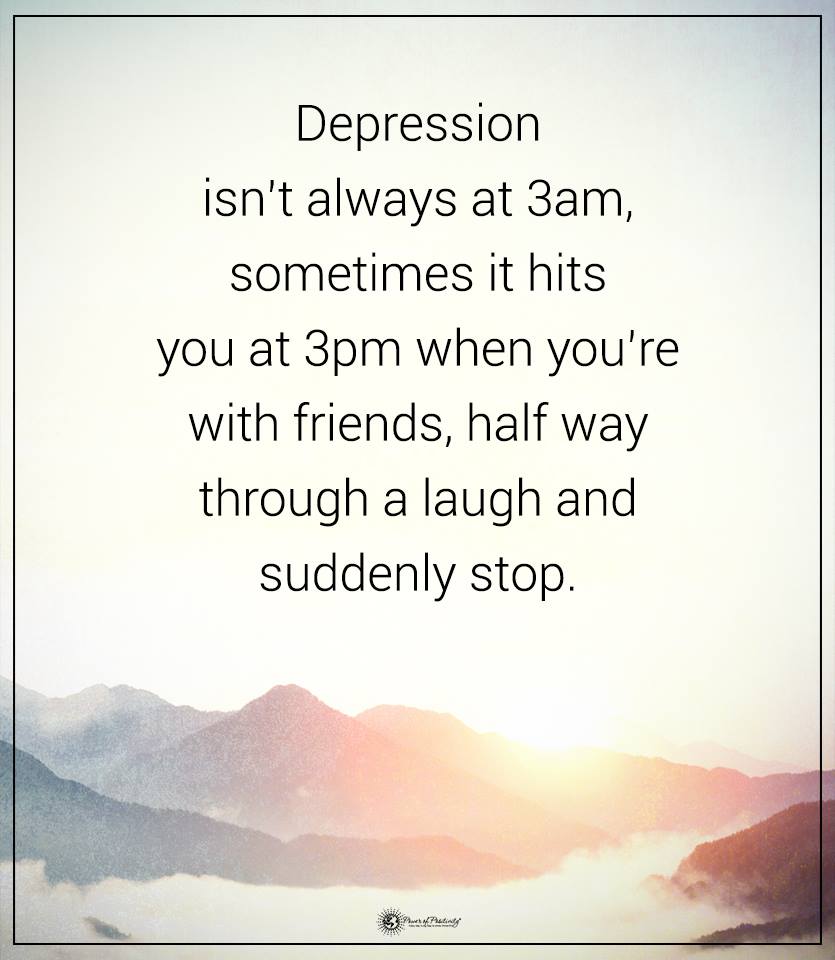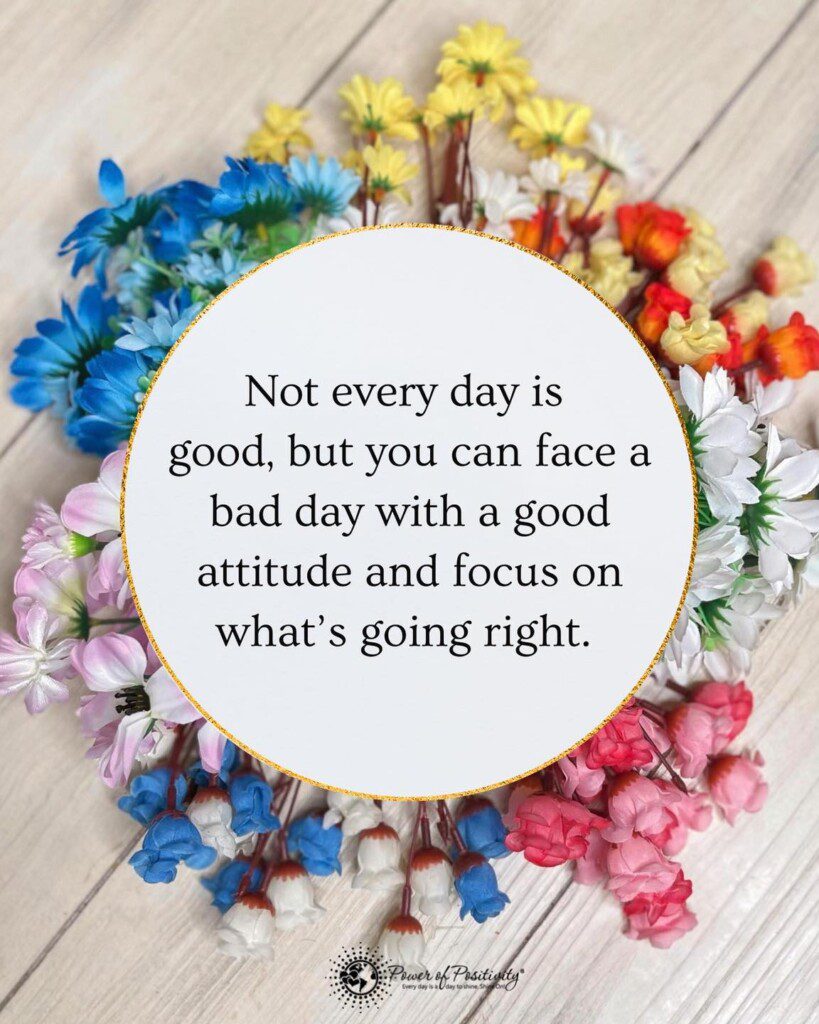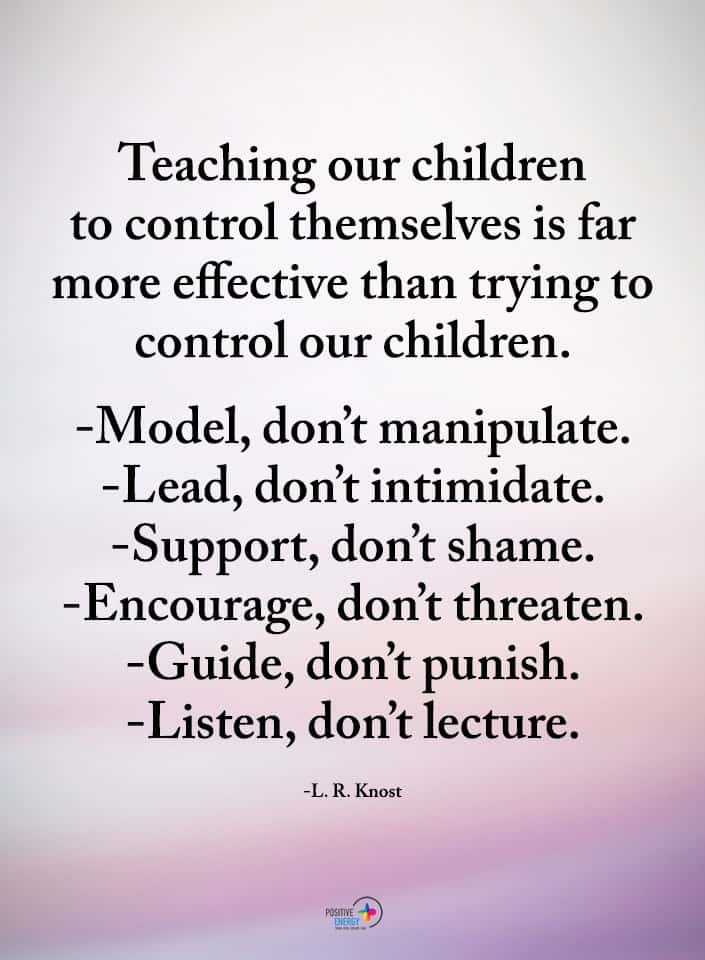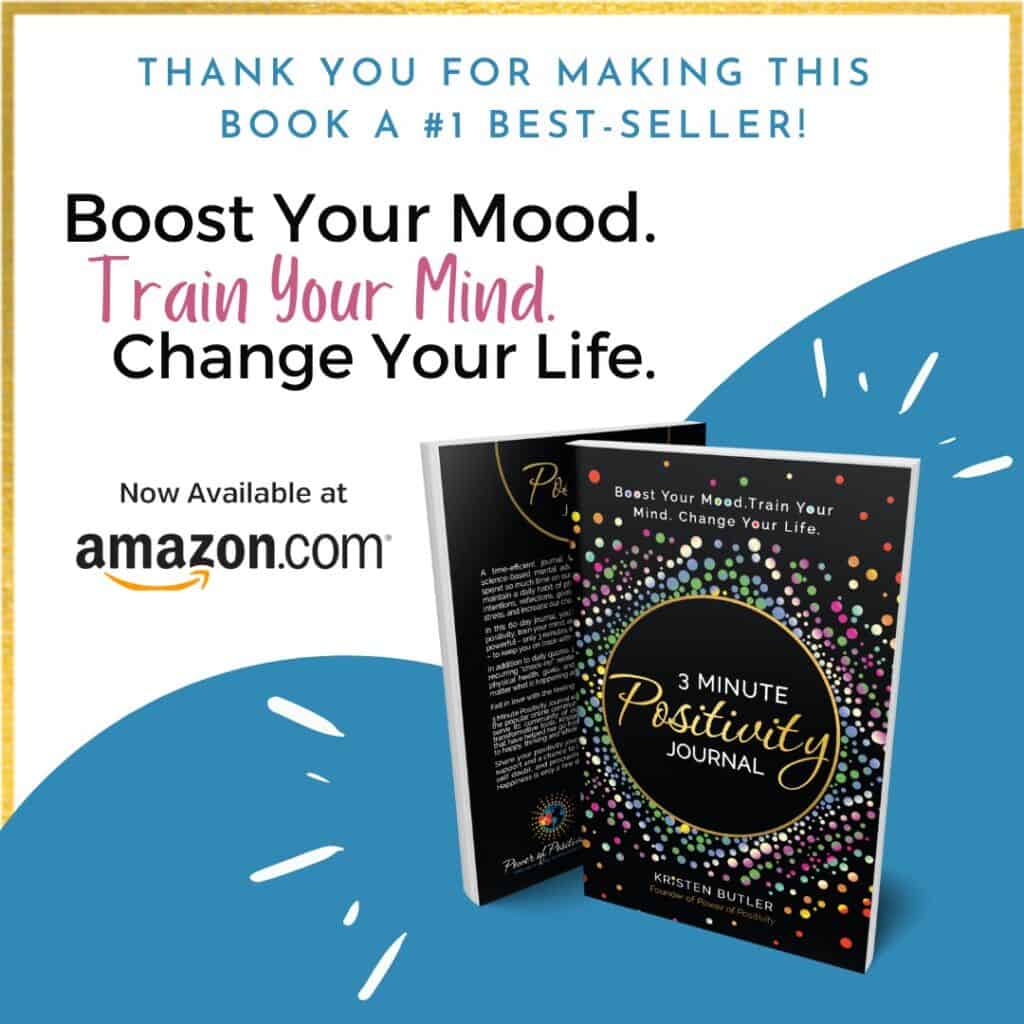You deserve to be on the front burner, baby.
Relationships can be both thrilling and challenging, particularly in those early days. However, not all relationships we find provide the growth and fulfillment we desire. Among these is the dreaded “back burner relationship.” This toxic partner can subtly impact your mental and emotional health. But worry not!
Recognizing the signs of such an emotionally damaging relationship is the first step to taking control of your happiness and well-being. Read on – you’ll learn the signs of this situation.
Understanding a Back Burner Relationship
A back burner relationship is a little bit like keeping a pot simmering on the back burner of a stove. It’s. But it is not receiving the full attention it deserves. Eventually, it boils over or burns out with a continued lack of care.
In a back burner relationship, one person keeps the other as a convenient option. They do not make their partner a priority. This dynamic can leave you feeling undervalued. You might also start questioning your worth in the relationship.

The Fifteen Subtle Signs of a Back Burner Relationship
Do you notice these behaviors? Trust your gut instinct.
1. Inconsistent Communication
Texts and calls are often sporadic and unpredictable in a back burner relationship. Your partner may go days without contacting you. When convenient for them, they will reappear without explaining their absence.
If you ask about their lack of responsiveness, they’ll shrug it off and chalk it up to “busy.” In some cases, this partner gaslights and claims it never happened.
2. Rare Quality Time
Your interactions, more often than not, lack depth. Quality time is scarce, and your meetings may feel rushed or unplanned. These moments together seem more like an obligation than a genuine desire to spend time with you.
Conversations during these times can feel superficial, lacking any real emotional connection or shared interests. This rarity of meaningful interaction can lead to loneliness and emotional distance, even when you spend time together.
3. Vague About Making Plans
Talking about the future seems vague or avoided altogether. Plans are often last-minute, leaving you feeling like an afterthought. This uncertainty about the future can make seeing where you fit in your partner’s life challenging.
It often feels like they are unwilling to commit to anything long-term, leaving you in a perpetual state of limbo. This lack of commitment can be unsettling. It can also make you question the stability and longevity of the relationship.
4. Emotional Unavailability
Your partner may seem emotionally distant, making it hard to establish a deeper connection. They might shy away from conversations about feelings or show discomfort when expressing emotions.
This emotional barrier can make you feel isolated and unsupported in the relationship. It’s as if an invisible wall prevents the relationship from progressing to a more intimate and trusting level.
5. Lack of Public Acknowledgement
You may notice a reluctance to acknowledge the relationship publicly or on social media. This hesitance may reveal it’s a back burner relationship. It hurts! It can make you feel like you’re not an important part of their life.
It’s as if there’s a reluctance to let others know about your existence or the nature of your relationship. This secrecy can be hurtful and lead to doubts about their commitment and intentions.
6. Your Needs Are Overlooked
Your partner kicks your emotional and physical needs to the sidelines. They rarely take time to understand or meet your emotional needs.
This total disregard can leave you feeling neglected and unimportant. Your happiness and well-being are often not a priority in the relationship. This ongoing neglect can eventually lead to a significant imbalance, where your partner’s needs take precedence over your own.
7. The Relationship Feels Uneven
You might find yourself putting in more effort, whether planning dates or initiating conversations. This imbalance often leads to a feeling of being taken for granted.
You may feel exhausted from keeping the relationship afloat while your partner appears indifferent or passive. This lack of reciprocity can be disheartening. It may also cause resentment over time.
8. You Feel Like a Secret
If you feel hidden from their friends or family, it’s a red flag. This secrecy can signal that your partner is not ready to integrate you fully into their life. It also indicates that they are not serious about the relationship or have other reasons for keeping you hidden.
This behavior can be incredibly degrading to your self-esteem. It can also cause you to feel doubtful or pessimistic about a future with your partner.
9. Infrequent Physical Intimacy
Physical intimacy is either infrequent or feels disconnected from emotional intimacy. This lack of a physical connection can be a significant indicator that the emotional aspects of the relationship are also lacking.
Intimacy is not just about physical closeness. Rather, it is about emotional connection, which seems absent in these moments. This disconnection can make you feel unwanted and unloved, as physical intimacy often reflects the health of the emotional aspects of a relationship.
10. You’re Confused About Your Status
There’s a persistent uncertainty about where you stand in a back burner relationship. This ambiguity can leave you constantly questioning your partner’s feelings and commitment. It’s a manipulative, cruel move by your partner.
You may find yourself analyzing their words and actions for clues about their intentions. This uncertainty can be emotionally draining, as you’re left in constant doubt and insecurity.

11. They’re Reluctant to Compromise
Your partner seems unwilling to compromise or make sacrifices for the relationship. This inflexibility can indicate a lack of investment in the relationship’s health and future.
It often feels like your needs and preferences are secondary to theirs. This unwillingness to find common ground can prevent the relationship from growing and evolving.
12. You Feel Replaceable
There’s a lingering feeling that you could easily be replaced or your partner isn’t fully committed. This feeling can stem from a lack of special attention or recognition of your unique qualities and contributions to the relationship.
It’s like you’re just another option rather than an irreplaceable partner. This feeling of being replaceable can do incredible damage to your self-esteem and sense of security in the relationship.
13. They Avoid Deep Conversations
Attempts to engage in meaningful conversations are often sidestepped or ignored. This avoidance can leave you feeling disconnected and frustrated.
It’s as if your partner is unwilling to take the plunge into deeper topics that could strengthen the relationship. This lack of depth in your conversations can prevent the formation of a strong emotional bond.
14. Your Gut Feels a Disconnection
You might have an underlying intuition that something isn’t quite right. This gut feeling is often an internal warning, alerting you to pay closer attention to the relationship.
Trusting your intuition is important. Your gut instinct will pick up on subtle cues your conscious mind may overlook. Ignoring these feelings can lead to a prolonged stay in an unfulfilling relationship.
15. Friends and Family Have Expressed Concern
Sometimes, those close to you might notice these signs before you do. Their outside perspective can provide valuable insights you might be too emotionally involved to see.
Listening to their concerns is important. That’s because these are the people with your best interests at heart. Their observations can be a wake-up call, helping you to reevaluate the relationship from a different perspective.
Self-Care When It’s Time to Move on
Recognizing these signs is a crucial step, but what comes next is equally important – taking care of yourself. Here are some self-care strategies to consider:
Grow in Self-Compassion
It’s easy to blame yourself after a back burner relationship. Instead, treat yourself with kindness and understanding. Recognize that you deserve a relationship that makes you feel valued and respected.
Build a Support Network
Lean on friends and family for support. Their perspectives can be invaluable, and their encouragement can help bolster your confidence.
Engage in Activities or Hobbies You Love
Reconnect with past hobbies and interests that bring you joy. This pastime you loved can help shift your focus from a harmful relationship. It also helps lead you back to your happiness.
Seek Professional Help if Needed
Sometimes, talking to a therapist can provide clarity and guidance, helping you navigate your emotions and decisions.
Reflect on Your Relationship Goals
Consider what you truly seek in a relationship. This self-reflection can guide you towards healthier, more fulfilling relationships in the future.
Take Time for Yourself
Don’t rush into another relationship. Give yourself time to heal and understand what you need from a partner. It’s okay to say no to invites when well-intentioned friends want to fix you up with someone – they’re just trying to cheer you up. But take the time needed to heal before you rush back into the dating world.
Final Thoughts on Recognizing You’re in a Back Burner Relationship
Being in a back burner relationship can be disheartening, but recognizing the signs is a powerful first step toward change. Focusing on self-care and understanding your worth can help you have a much healthier – and more fulfilling – next chance at love. Above all, remember that you deserve someone who makes you a priority, not an option. You belong on the front burner!







